Speakers & Organizers
Speakers
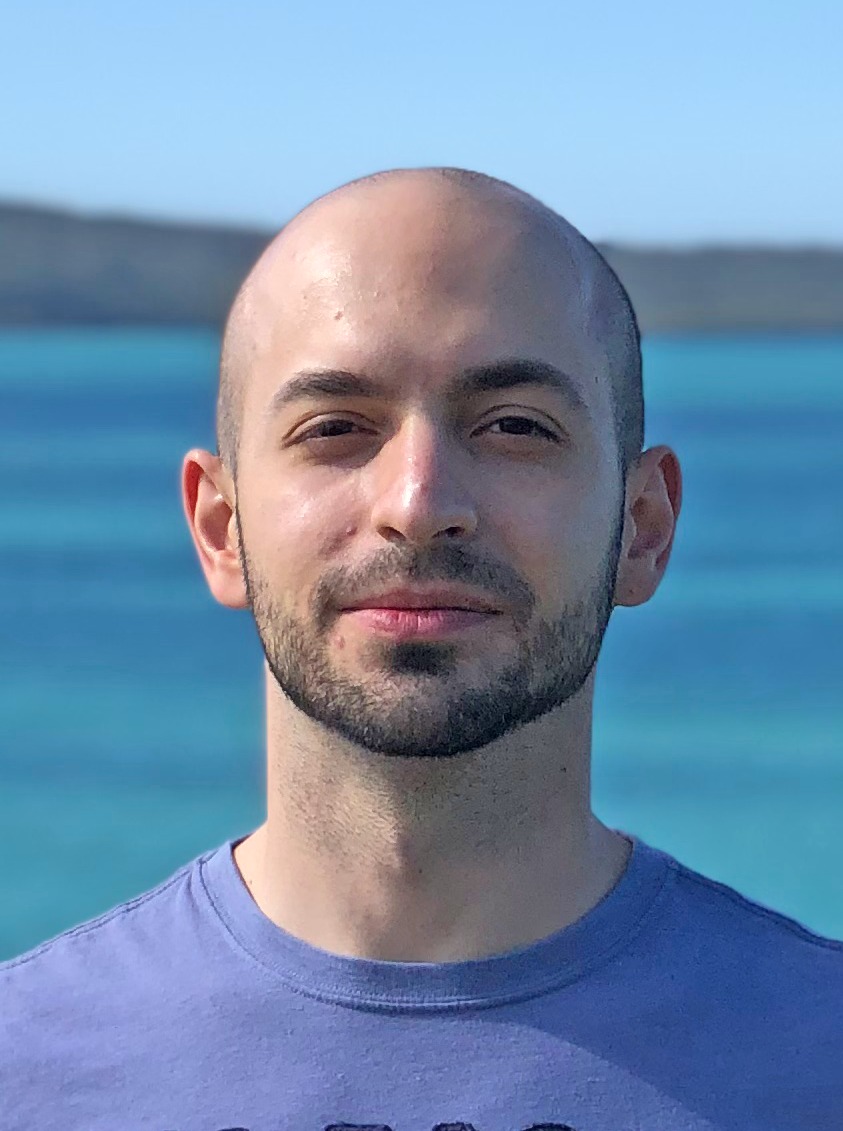 Lucas Gerez, PhD, Harvard University (on behalf of Conor Walsh, PhD, Harvard University)
Lucas Gerez, PhD, Harvard University (on behalf of Conor Walsh, PhD, Harvard University)
Lucas Gerez is a Postdoctoral Research Fellow at the Harvard Biodesign Lab, working on the design and development of soft, wearable robotic devices for upper-limb rehabilitation and muscle activity monitoring. He obtained his Ph.D. from the University of Auckland (New Zealand) in 2021, and his research focused on modeling, design, and control of adaptive, robotic exoskeleton gloves for rehabilitation and dexterity augmentation. Previously, he obtained an M.Sc. and Bachelor’s degree in Mechanical Engineering from the University of Sao Paulo (Brazil) in 2017 and 2015, respectively. His current research interests are assistive robotic hardware that allows people with impairments to better execute daily life tasks, soft wearable robots for human augmentation, and soft sensors for tracking body activity and improving the performance of athletes during physical training.
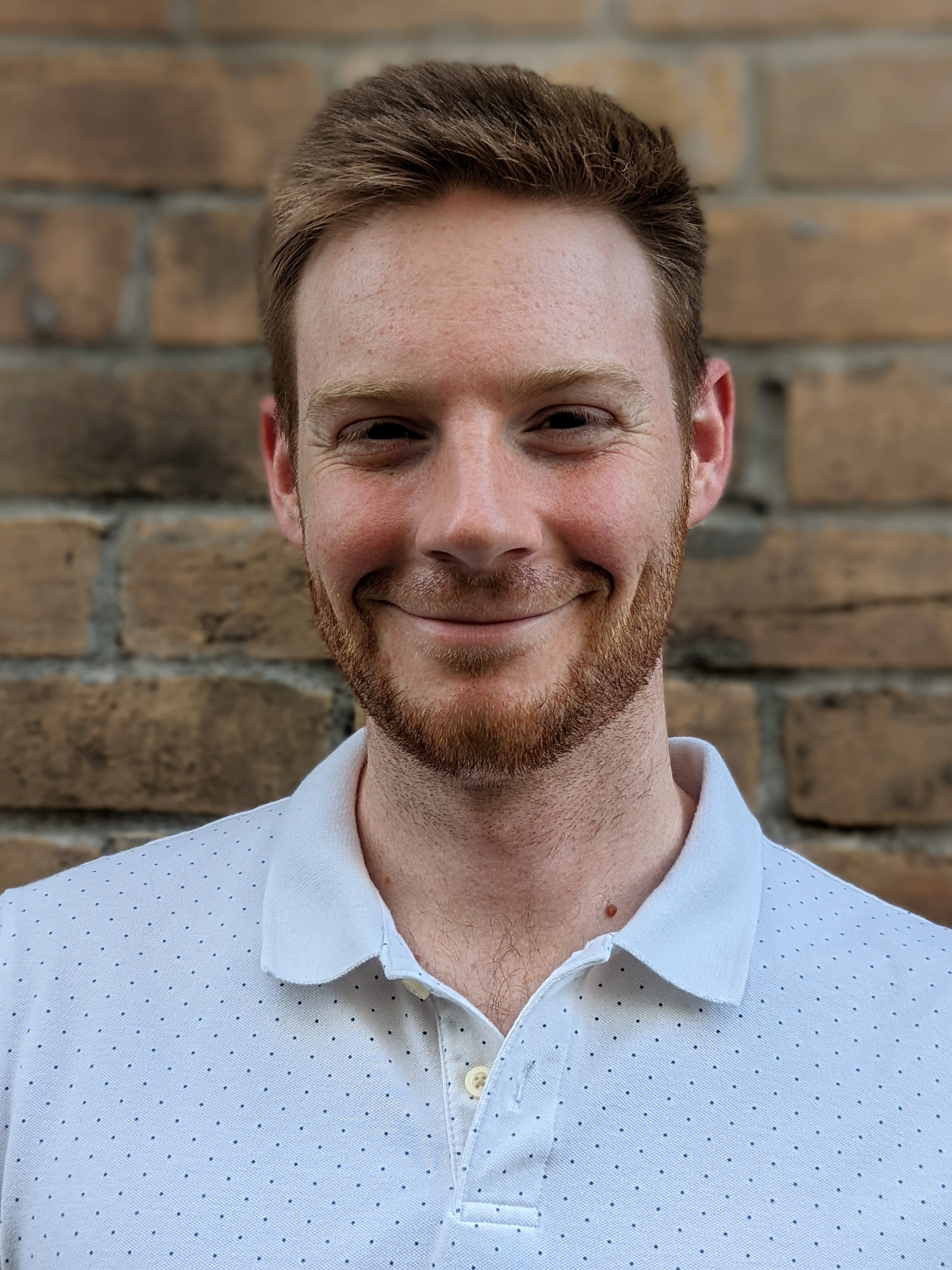 Nathan Dunkelberger, Rice University (on behalf of Marcia K. O’Malley, PhD, Rice University)
Nathan Dunkelberger, Rice University (on behalf of Marcia K. O’Malley, PhD, Rice University)
Nathan Dunkelberger is a Mechanical Engineering PhD student in the Mechatronics and Haptic Interfaces Lab at Rice University working under Dr. Marcia O’Malley. He is studying control implementations for combining functional electrical stimulation with robotics on the upper limb to provide functional assistance after a spinal cord injury.
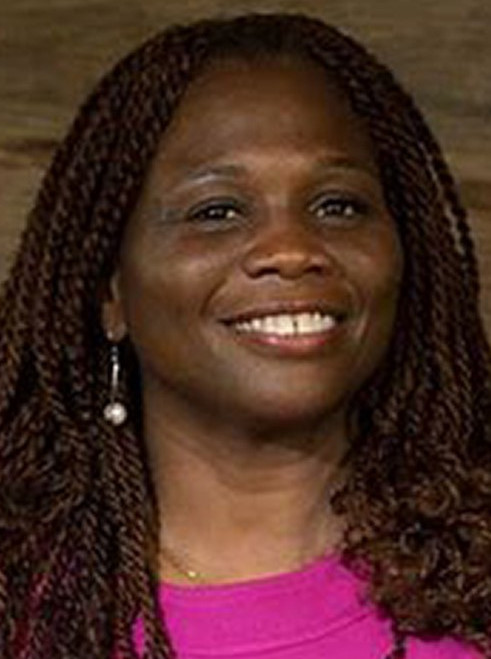 Michelle Johnson, PhD, University of Pennsylvania
Michelle Johnson, PhD, University of Pennsylvania
Michelle Johnson is an Associate Professor of Physical Medicine and Rehabilitation and directs the Rehabilitation Robotics Lab within the Department of Physical, Medicine, and Rehabilitation in the Perelman School of Medicine at the University of Pennsylvania. The Rehabilitation Robotics Lab mission is to use robotics, rehabilitation, and neuroscience techniques to translate research findings into the development of assistive and therapeutic rehabilitation robots capable of functioning in real-world rehabilitation environments. Our goal is to improve the quality of life and function on activities of daily living (ADLs) of our target population in supervised or under-supervised settings. Michelle is focused on the investigation and rehabilitation of dysfunction due to aging, neural disease, and neural injury and is particularly interested in 1) exploring the relationships between brain plasticity and behavioral/motor control changes after robot-assisted interventions; 2) quantifying motor impairment and motor control of the upper limb in real world tasks such as drinking; and 3) defining the methods to maintain therapeutic effectiveness while administering local and remote, robot-mediated interventions.
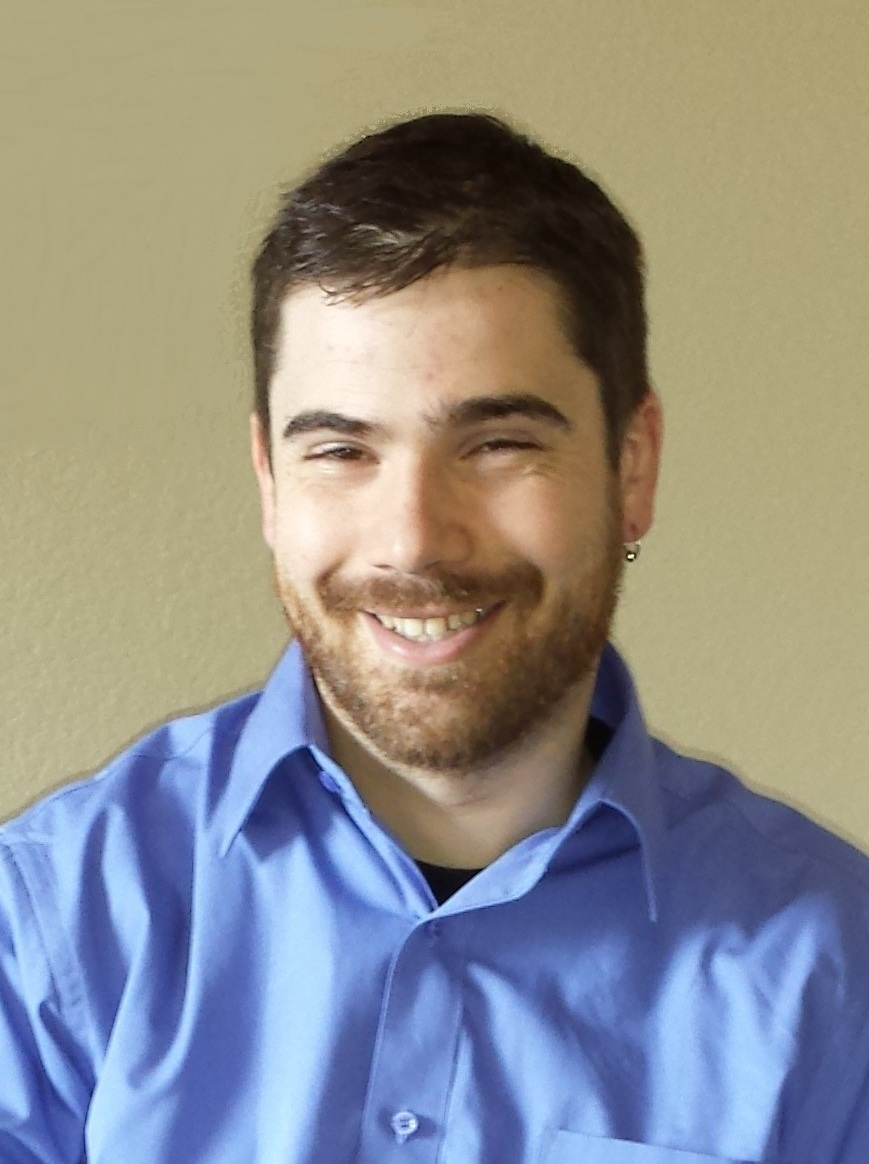 Andrew McPherson, UC Berkeley
Andrew McPherson, UC Berkeley
Andrew “Drew” McPherson is currently working towards his Ph.D. at UC Berkeley in Mechanical engineering in The Embodied Dexterity Group as a Chancellor’s Fellow. He is also the board chair and co-founder of AbilityHacks, a nonprofit which brings together community members with disabilities and volunteers to teach and build solutions to disability-related challenges. Drew’s passion for creating assistive technology stems from his own experience of becoming paralyzed in 2006. He was also a cofounder, president, and instructor of EnableTech at UC Berkeley. While at Berkeley, Drew earned his BS and MS in mechanical engineering, taught as a lecturer on upper extremity prosthetics and orthotics, and served as a Design Fellow in the Jacobs Institute for Design Innovation. He is most passionate about empowering those experiencing disability-related limitations to create solutions to live their lives to the fullest.
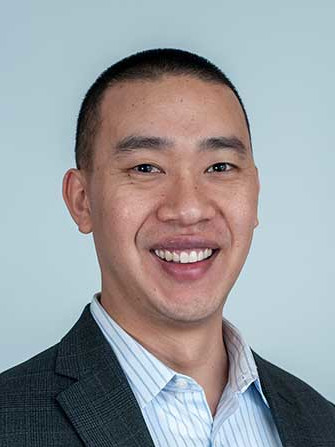 David Lin, MD, Massachusetts General Hospital
David Lin, MD, Massachusetts General Hospital
David J. Lin, MD is a critical care neurologist and neurorehabilitation specialist at Massachusetts General Hospital and an Assistant Professor of Neurology at Harvard Medical School. In his clinical practice, Dr. Lin cares for patients with acute neurologic injuries including stroke, brain hemorrhage, and traumatic brain and spinal cord injury in the MGH Neurosciences Critical Care Unit. He also directs the MGH NeuroRecovery clinic, the mission of which is to provide longitudinal, rehabilitation focused care for patients recovering from acute neurologic injuries. In his research program, Dr. Lin directs the Laboratory for Translational Recovery, an interdisciplinary group of clinicians, scientists, and engineers working together to improve neurorehabilitation for patients recovering from stroke by understanding systems neuroscience mechanisms of motor function and recovery.
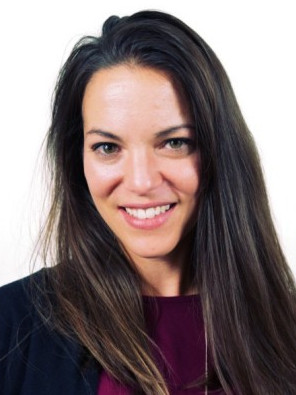 Kristin Nuckols, OTD, MOT, OTR/L, Co-Founder, Imago Rehab
Kristin Nuckols, OTD, MOT, OTR/L, Co-Founder, Imago Rehab
Kristin Nuckols has 14 years of experience as an OT, centered on technology-based intervention with adults with neurologic conditions, including brain injury, spinal cord injury, and stroke. Her passion lies in combining cutting-edge rehabilitation technologies with intensive and robust at-home engagement to drive truly meaningful and long-lasting change in these chronic populations. With ten years of experience in inpatient and outpatient rehabilitation settings, she became an expert, leader, and educator in utilization of both low-tech and high-tech interventions. She spent the past four years in upper limb robotics research through Harvard University and MGH Institute of Health Professions, as well as completing a post-professional doctorate in OT at Boston University. Her doctoral project was an evidence-based telehealth protocol for adults with chronic stroke. In her latest venture, she co-founded Imago Rehab as Clinical Programming Lead, working with adults with neurologic conditions to use a wearable robotic device in the home and engage in a motivating behavioral program, all from the home setting.
Organizers
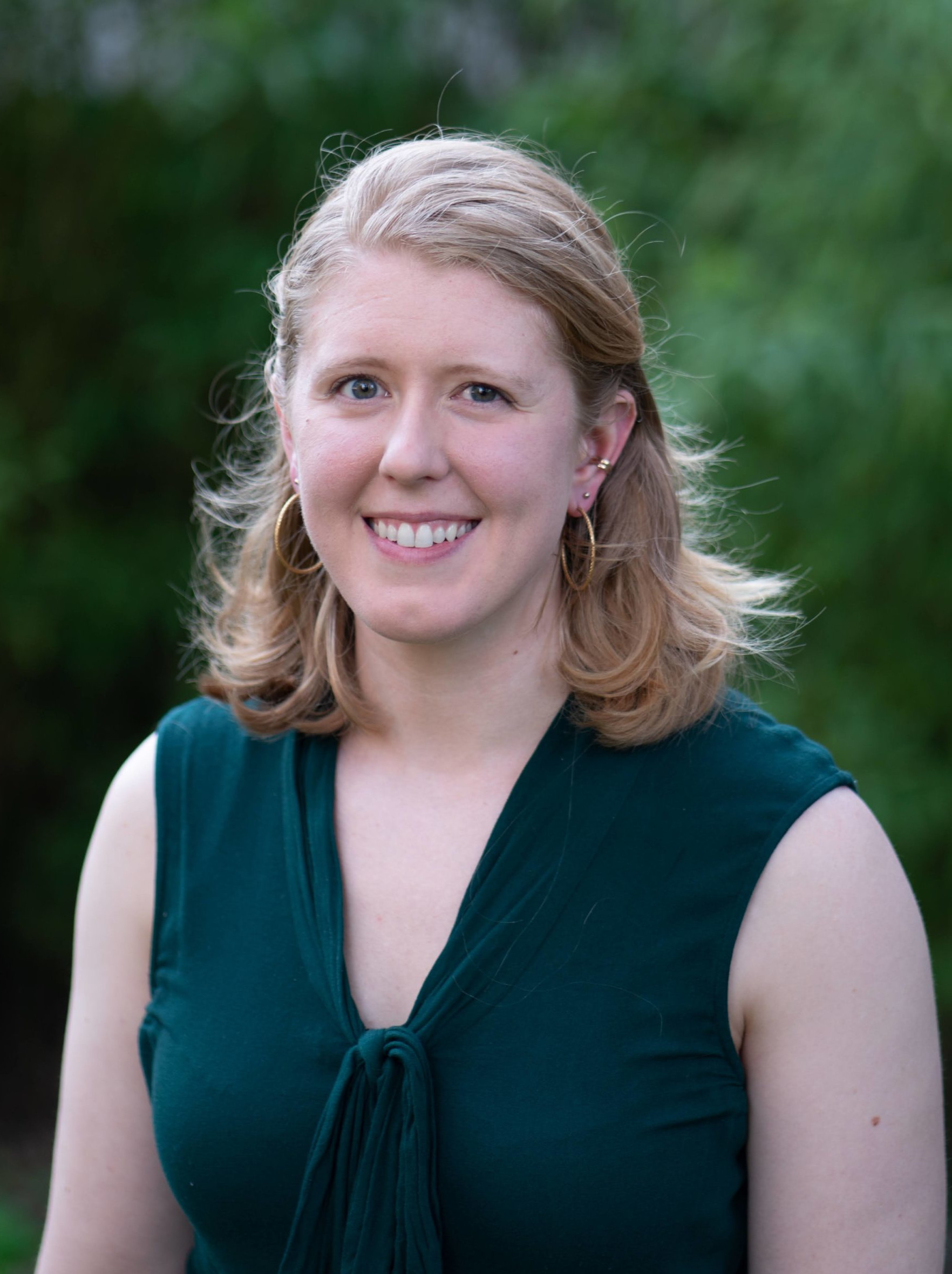 Laura A. Hallock, Postdoctoral Researcher, MEAM, GRASP Lab, University of Pennsylvania
Laura A. Hallock, Postdoctoral Researcher, MEAM, GRASP Lab, University of Pennsylvania
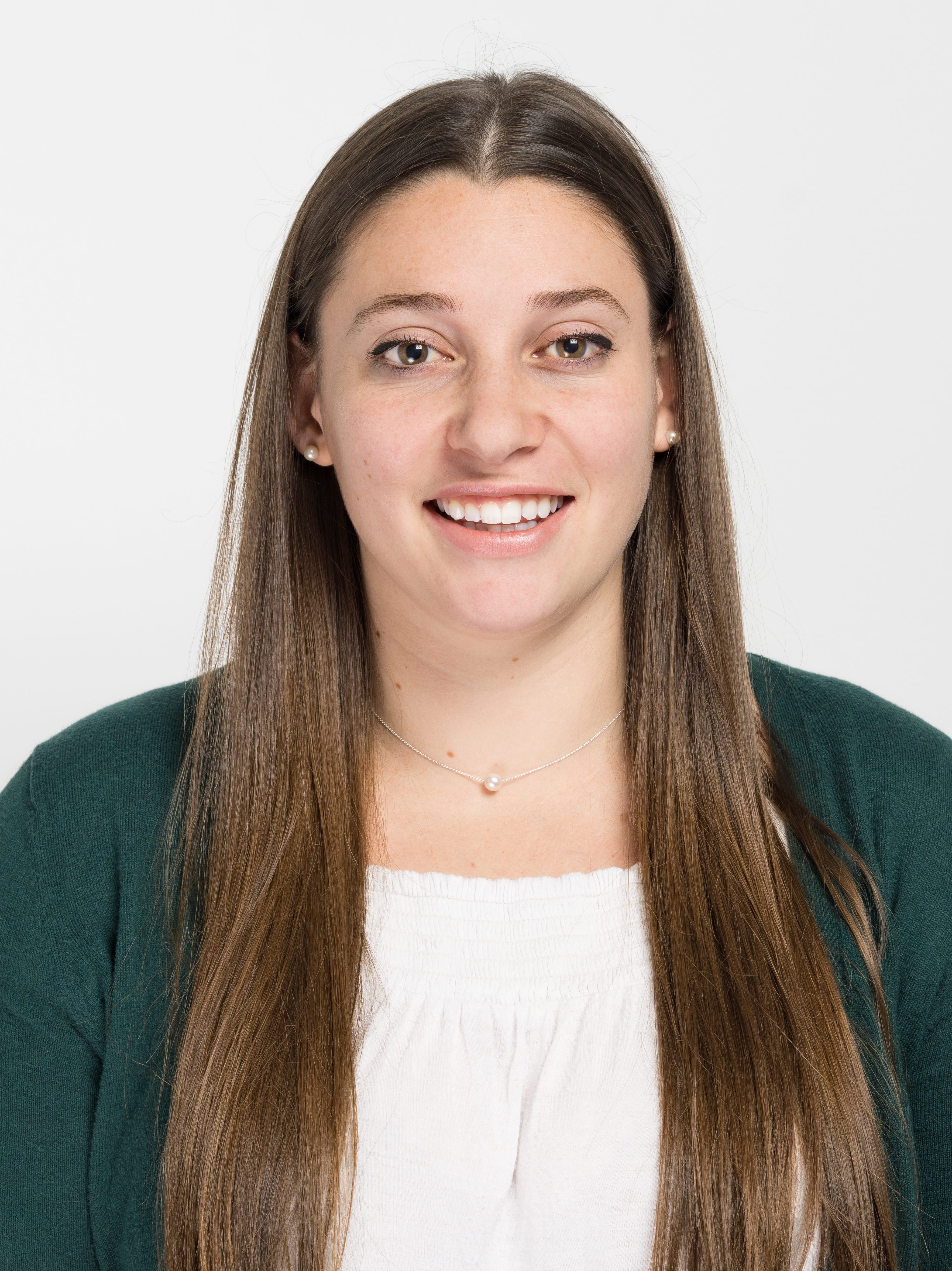 Cara M. Nunez, Postdoctoral Researcher & Cornell University Faculty Fellow, Paulson School of Engineering and Applied Sciences, Harvard University
Cara M. Nunez, Postdoctoral Researcher & Cornell University Faculty Fellow, Paulson School of Engineering and Applied Sciences, Harvard University
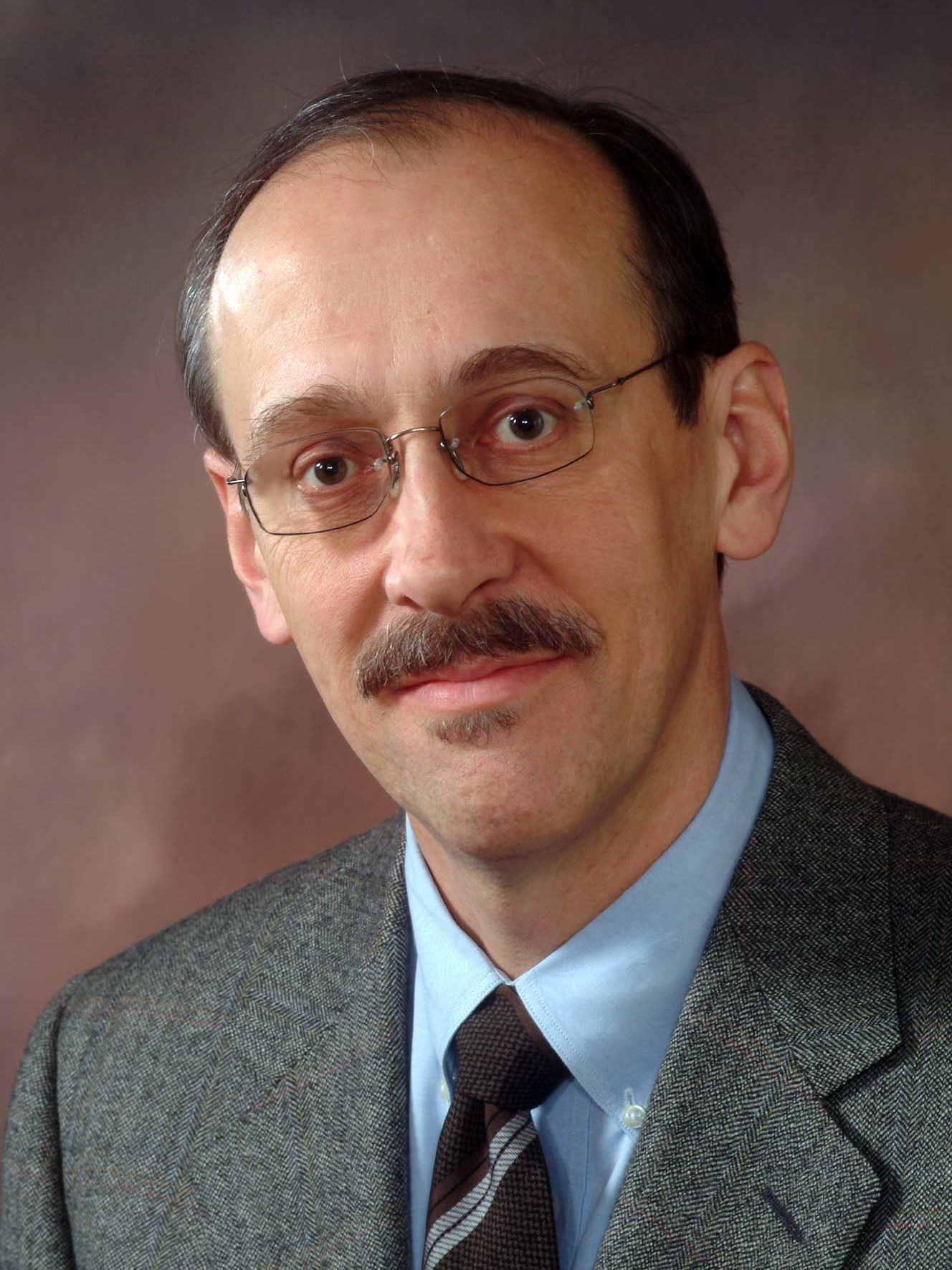 Robert D. Howe, Abbott and James Lawrence Professor of Engineering, Paulson School of Engineering and Applied Sciences, Harvard University
Robert D. Howe, Abbott and James Lawrence Professor of Engineering, Paulson School of Engineering and Applied Sciences, Harvard University
